Virtually no other Swiss novel has been so underrated as “Himmelpfortgasse”, which was published in 1927 by the then 38-year-old Bernese dramatist and psychologist Max Pulver. The book was derided by the critics as a revolting example of “unbridled sensualism”. Pulver was even criticised as late as 1968 by the German language scholar Werner Günther for having “wasted the power of his writing style on a hopeless subject”.
The novel was created in 1924 in Zurich and seems to have been set down in writing in one go during major emotional distress. Pulver had finally separated from his wife, from whom he had long since been estranged. And he must have had an encounter with a young woman shortly beforehand in Munich, which put him first into extreme euphoria and then into a deadly depression. Into a state, in any case, in which Pulver – who was considered a student of Hofmannsthal and counted by Oskar Walzel as a “new proponent of the classic style” – cast off the burden of learning and became what is known as an expressionist: someone driven who directly translates experience into language, without filtering it down.
Pulver appears in the novel, poorly disguised as a Dutch psychologist and author named Alexander Mooenboom, while his wife Berta Feldmann appears as Ruth. He also brings a young painter called Mariquita into play with whom Mooenboom is completely in love. He meets her in Munich, follows her to Vienna, and in that city, which for Pulver had already become “the embodiment of a yearning for erotic fulfilment”, experiences an ecstasy in which cocaine plays a major role.
Ecstasy and disillusionment
The central settings are the Viennese hotels and restaurants of Klomser, Ronacher and Kobenzl, and especially the narrow Himmelpfortgasse, where Mariquita’s atelier is located and which the novel obliquely stylises as a symbol of a vagina: “My kingdom. The heavenly kingdom. Paradise. A dark blaze of hair leaps up in the mind’s eye. Lust overwhelms me. The door to paradise must be narrow.” The ecstasy ends in disillusionment; Mariquita announces her marriage to a conservative Viennese gentleman and at the end it emerges what was intended from the beginning of the novel: that the Viennese ecstasy is the last phase of a deep existential crisis from which Mooenboom, brilliant psychologist that he is, is working his way out, teetering between the will to live and a longing for death. With all the urges and desires of his character, he wants to wrestle his secret, the meaning, from his life in a Faustian manner. And on this search for meaning nothing is taboo, there is nothing he rules out until he is finally thrown back to himself, to encounter his own ego. “This is recovery: Meeting myself. My oldest and, God knows, rather unknown friend.”
Cocaine as a stimulant
And what of the cocaine that disturbed the critics in 1927 apparently even more than the openly portrayed eroticism? It is used in the novel neither to obtain desire nor to suppress reality. Right at the beginning, Pulver makes it clear that he does not recommend using it for those “travelling for pleasure”. “Taking it alone is suicide.” Yet the drug plays a stimulating role in the lovers’ encounters, as it lifts them to a surreal ecstasy: “Surges of blood joyfully eddied from our hearts and lashed in a swirling vortex with an alien drive; this first impact blasts all the locks, no discretion will halt this skeleton key that is more effective than any key, crowbar or soldering flame; which gently but irresistibly unlocks what is protected.”
After “Himmelpfortgasse”, which Pulver later described as his worst book, he then turned back to respectable classical poetry before writing “Symbolism of Handwriting”, and becoming the founder of the science of graphology. He died in 1952 in Zurich as a highly respected handwriting expert and scholar. But in 1981, on the occasion of the re-issue of “Himmelpfortgasse” after 55 years, the New York “Aufbau” described it as “a masterpiece of Swiss Expressionism, which was once again becoming more widely available and whose importance is still to be discovered.”
Charles Linsmayer is a literary scholar and journalist in Zurich.
“Camped side by side, we speed apart like stars zooming fatally close to one another. Time stands still and listens in. There’s a quiet crackling in the walls. Nothing shatters the excitement.”
From Max Pulver, “Himmelpfortgasse”. Novel, Frühling der Gegenwart Bd. 13, ex Libris, Zurich, 1981.
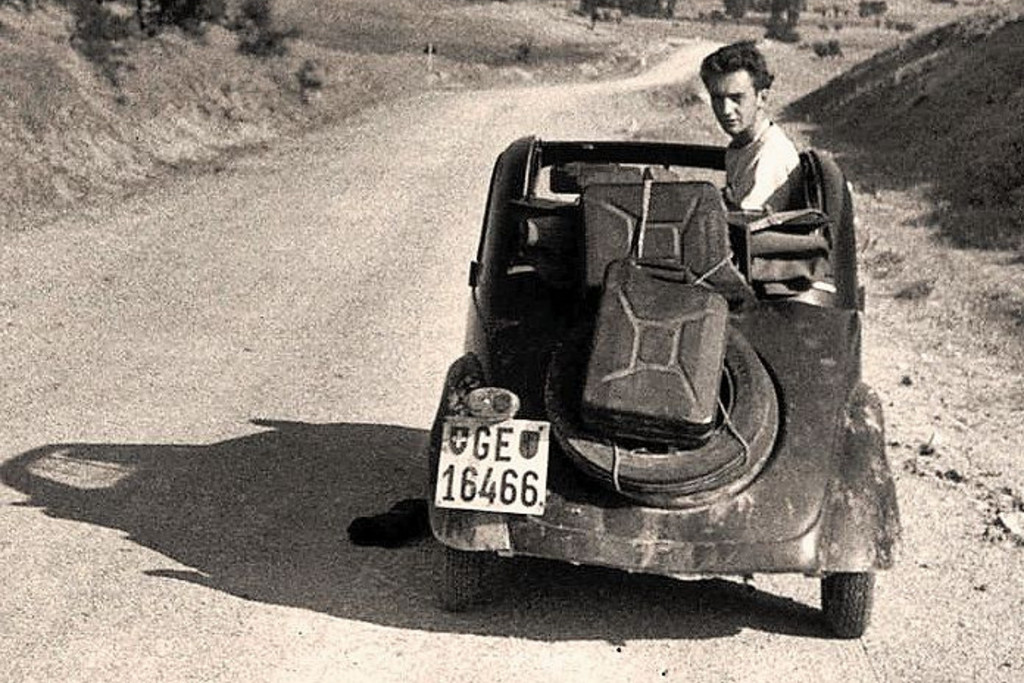
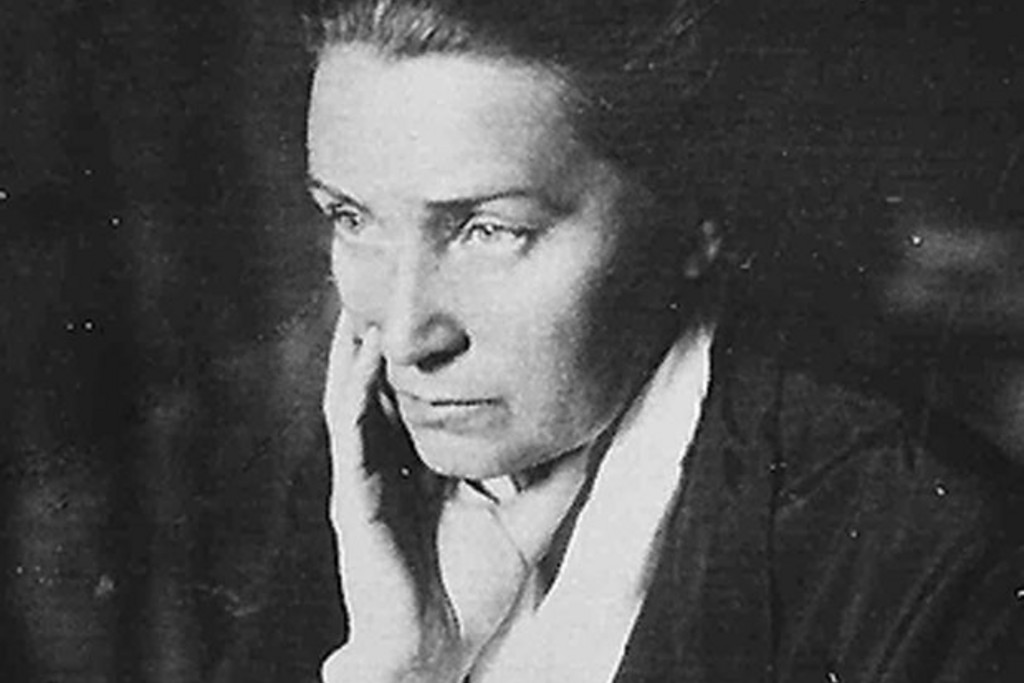
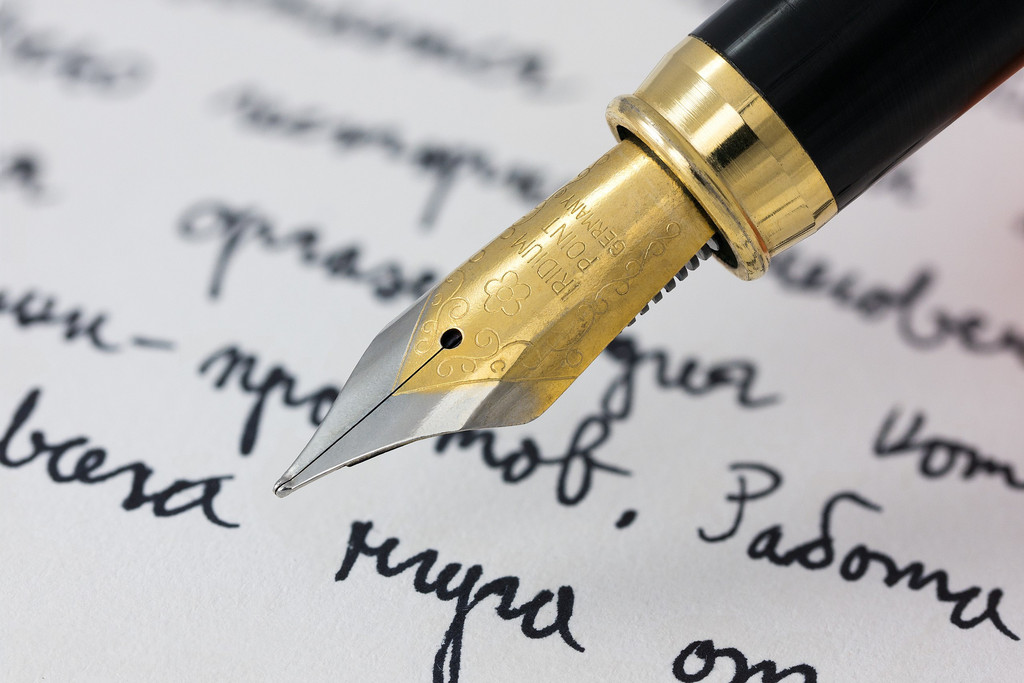

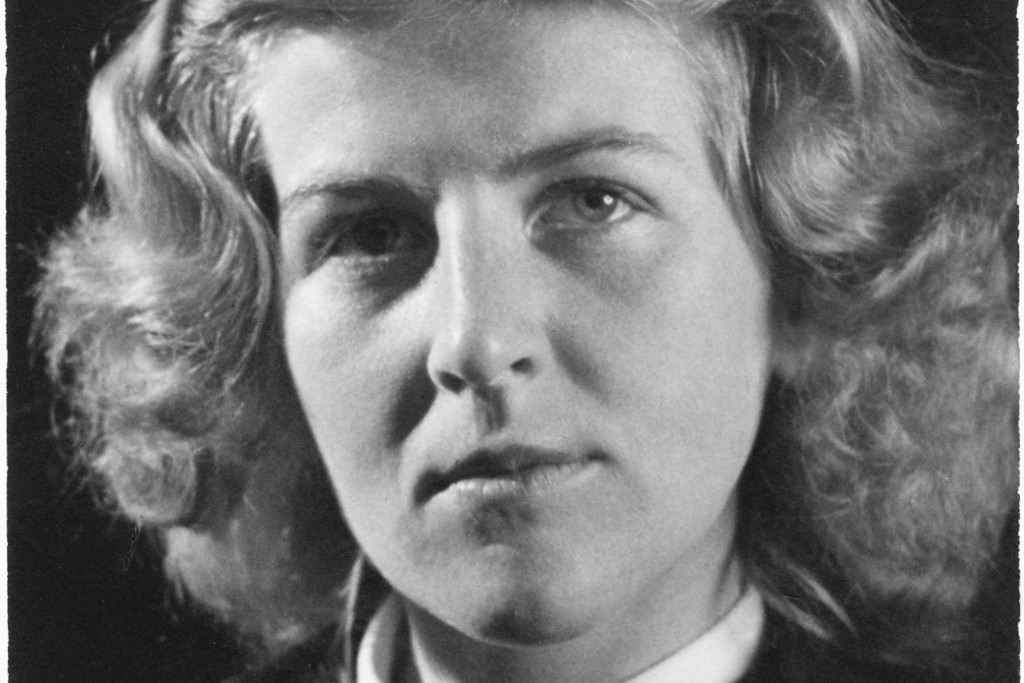
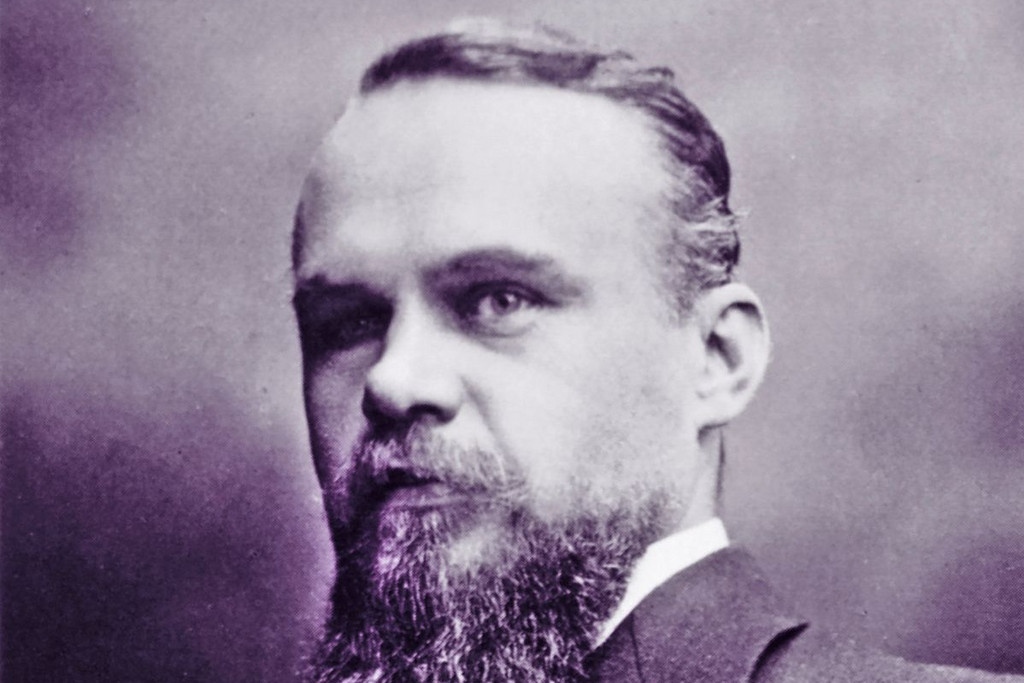

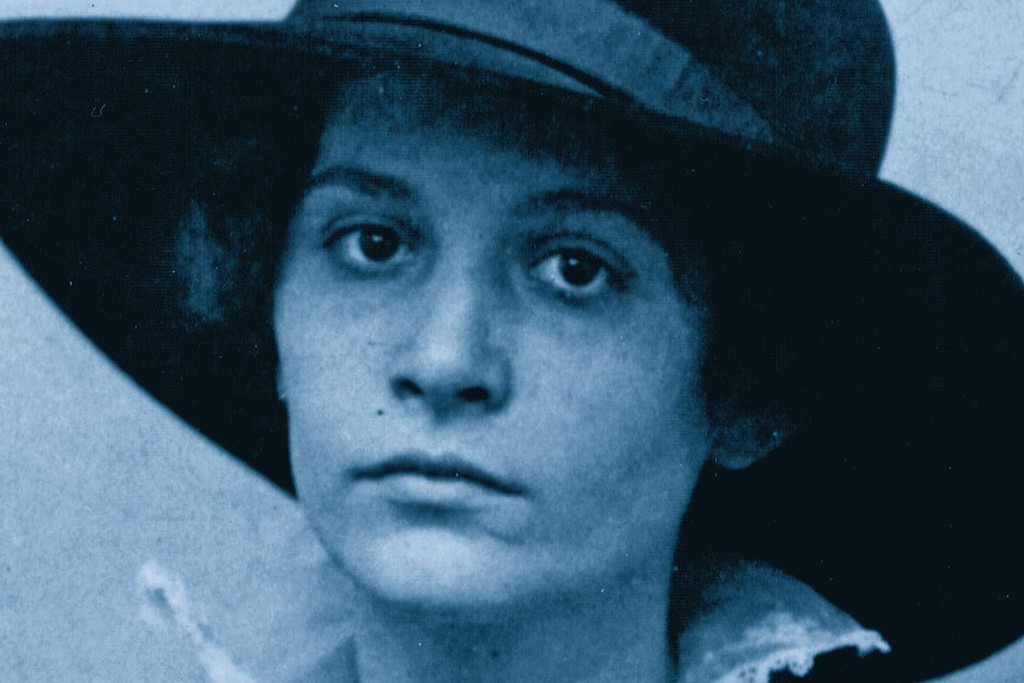



Comments